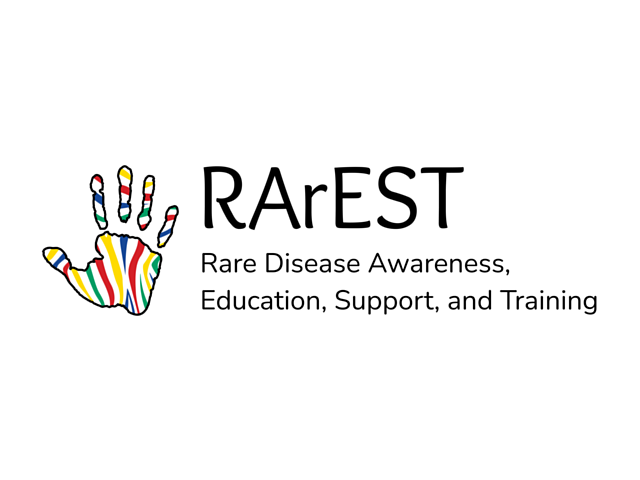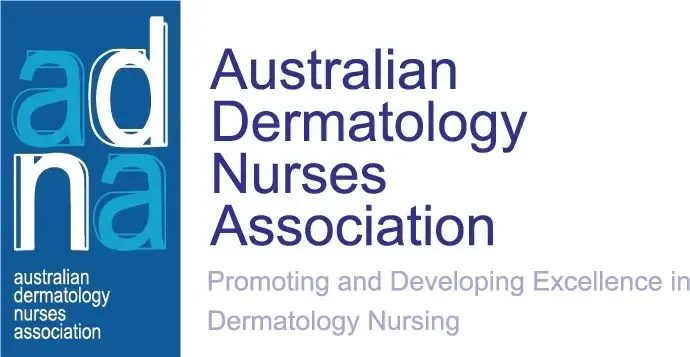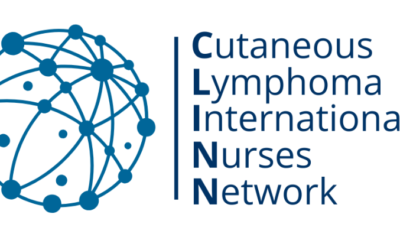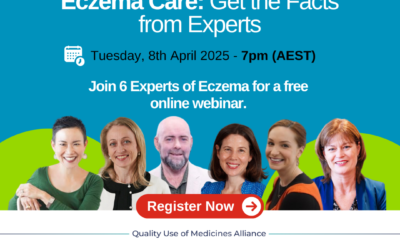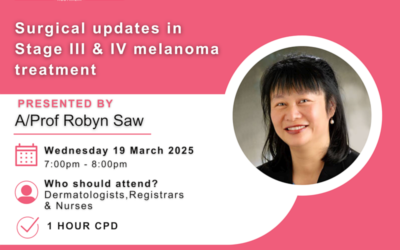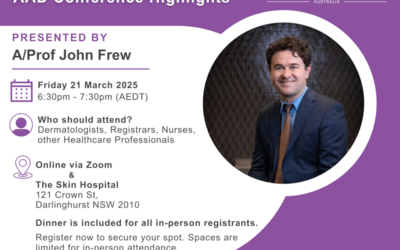Dear friends of the Rare Disease Awareness, Education, Support and Training (RArEST) Project,
As the RArEST Project winds up on 30 June, our team is excited to share new resources for health professionals. These resources were developed in consultation with people living with a rare disease and other experts.
The RArEST Project has been funded by the Australian Government to develop and deliver rare disease awareness resources, education, support and training. Its deliverables support implementation of the National Strategic Action Plan for Rare Diseases, the first nationally coordinated effort to achieve the best possible health and wellbeing outcomes for Australians living with a rare disease.
|
|
|
We need your help with sharing these resources
|
|
The RArEST Project team asks that you share the following resources with your networks far and wide. With a strong, unified voice together we can achieve the best possible health and wellbeing outcomes for Australians living with a rare disease.
If you have any questions, please feel free to reach out: RAREST@unsw.edu.au
Many thanks,
Dr (Elizabeth) Emma Palmer on behalf of the RArEST Project collaboration
|
|
|
|
Do You Know About the RARE Helpline?
Rare Voices Australia’s (RVA) RARE Helpline provides timely access to information and answers key questions people living with a rare and complex disease often face. Feel free to call the RARE Helpline or to direct your patients to the service. RVA is the national peak body for Australians living with a rare disease.
Website: www.rareportal.org.au/rare-helpline
Phone: +61 (0)499 549 629
Hours: Monday to Friday 9.00am – 5.00pm (AEST)
Note: The RARE Helpline is not an emergency service.
|
|
|
|
|
|
|
|
|
|
|
|
|
|
Supporting the Mental Health and Wellbeing of People Living with a Rare Disease
|
|
Living with a rare disease can have a significant impact on a person’s mental health and wellbeing. The following case studies highlight that challenges to mental health and wellbeing may surface at any time and can also impact those caring for people with a rare or undiagnosed rare condition. This webpage on the Rare Awareness Rare Education (RARE) Portal provides information about reliable resources, information and support pathways for health professionals working with people living with a rare disease.
|
|
|
|
Click on the image below to watch the video.
|
|
 |
|
|
Click on the image below to watch the video.
|
|
 |
|
|
Click on the image below to watch the video.
|
|
 |
|
|
|
Digital Mental Health and Wellbeing Fact Sheets
|
|
 |
Several fact sheets have been developed to share information about digital mental health, and to present credible digital mental health services to support the rare disease community. You are welcome to pass these resources onto your patients.
|
|
|
|
|
|
|
|
|
|
|
e-Learning Modules for Health Professionals
‘Rare Disease 101 Australia’ – Bonus Material Added!
|
|
|
|
The RArEST Project has co-designed a short, free and interactive e-learning module for health professionals with Australians living with a rare disease. It aligns with the National Recommendations for Rare Disease Health Care and covers:
- Common challenges
- Mental health and wellbeing
- Respectful and effective communication
- The ‘diagnostic odyssey’
- Genetic and genomic testing
- Coordinated care
- Patient advocacy groups
- Research and new therapies
Rare Disease 101 Australia now also includes videos featuring Rare Voices Australia’s (RVA) Ambassadors (people living with a rare disease) sharing their personal experiences.
On completing the module, you will receive a certificate to use for CPD records. The module is an RACGP CPD approved activity for 2.5 Educational Activities hours and 2 Reviewing Performance hours.
|
|
|
|
|
|
|
National Recommendations for Rare Disease Health Care
|
|
 |
Australia’s first-ever National Recommendations for Rare Disease Health Care (the Recommendations) were launched on Rare Disease Day (29 February). The Recommendations:
- Outline how Australian health professionals can provide high quality care to people living with a rare disease, their families, and other carers
- Were co-designed by an extensive multi-stakeholder consultation process that involved collaboration with health professionals, academics, and people living with a rare disease
- Have been endorsed by Rare Voices Australia (RVA), the national peak body for Australians living with a rare disease, and 10 national colleges and bodies
- Include information on why each Recommendation is important, how to implement the Recommendation, and suggestions for indicators of good practice
- Are recognised as an Accepted Clinical Resource by The Royal Australian College of General Practitioners and by the Australian Primary Health Care Nurses Association for 2 CPD hours
|
|
|
|
|
|
|
Lyfe Languages Universal Medical Translator
|
|
Lyfe Languages is an open-source online platform that translates medical terminologies into Indigenous languages. It is led by young Indigenous Language Champions who work with their elders on translations. The Lyfe Languages Universal Medical Translator is available via the Lyfe Languages web application. The web application features a purpose-built rare disease module created as part of the RArEST Project. The module provides rare disease education and support to health professionals and people living with a rare disease.
Culturally appropriate Indigenous text and audio translations are recorded and made accessible for health professionals/clinicians to use with their patients via the web application, which is a living resource. New translations will be added to the platform over time.
|
|
|
|
|
|
|
Register Your Interest in Future
Rare Disease Project ECHO® Sessions
|
|
Rare Disease Project ECHO® is a free, innovative videoconferencing ‘hub-and-spoke’ outreach model that connected community providers or practices (‘spokes’) to the multidisciplinary RArEST Project team (‘hub’).Throughout 2022 and 2023, the RArEST Project team facilitated 14 continuing professional development interactive webinars for health professionals across two series.
The benefits of joining the sessions included:
- Supporting health professionals with the diagnosis and management of rare diseases
- Introducing health professionals to resources available to them and their patients
- Connecting health professionals with a multidisciplinary network of like-minded health professionals
- Establishing referral pathways across Australia to reach subject matter experts for rare disease
Please register below to remain up to date with news on future series or relevant resources/events.
|
|
|
|
|
|
|
|
About the RArEST Project
The Rare Disease Awareness, Education, Support and Training (RArEST) Project is a collaboration between RVA, the University of New South Wales, the University of Western Australia and Macquarie University to deliver rare disease awareness resources, education, support and training. Learn more via RVA’s website.
|
|





